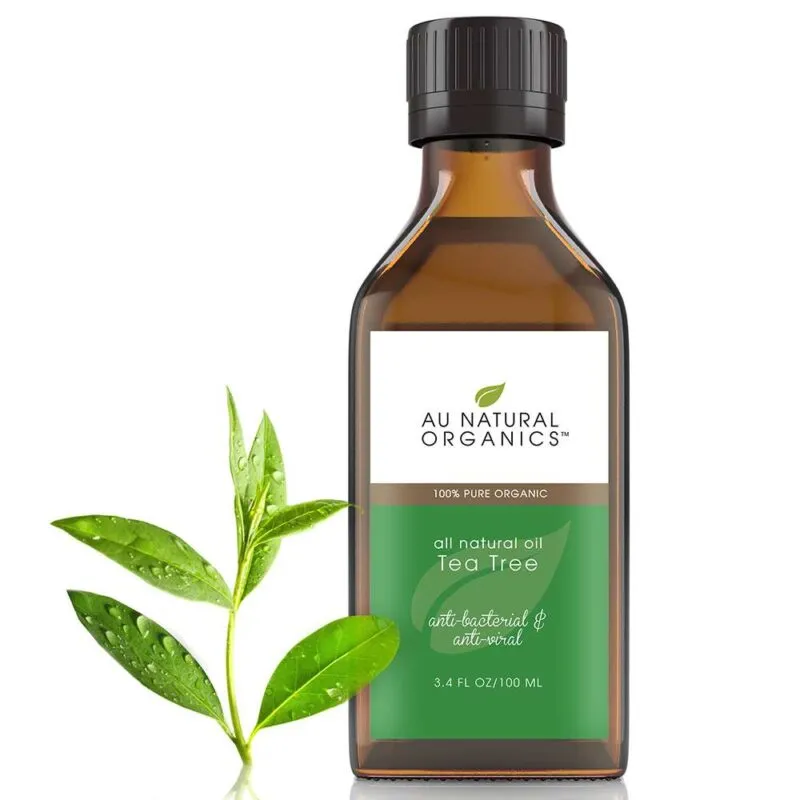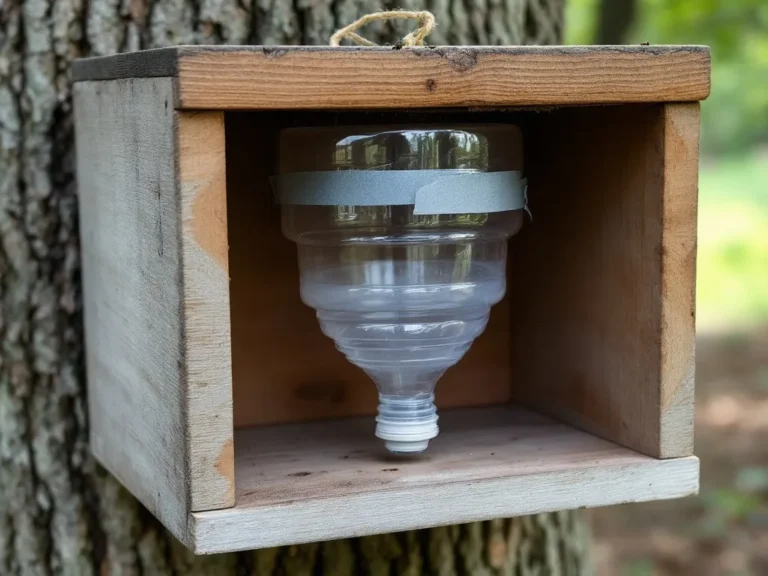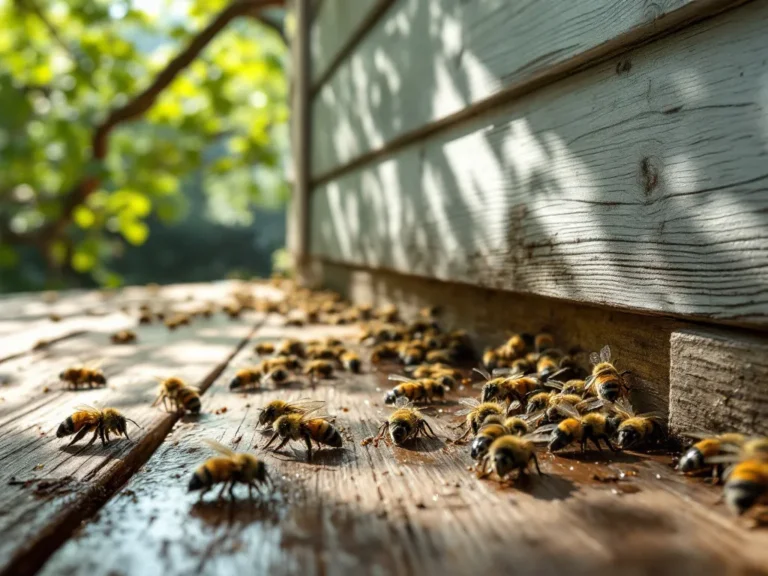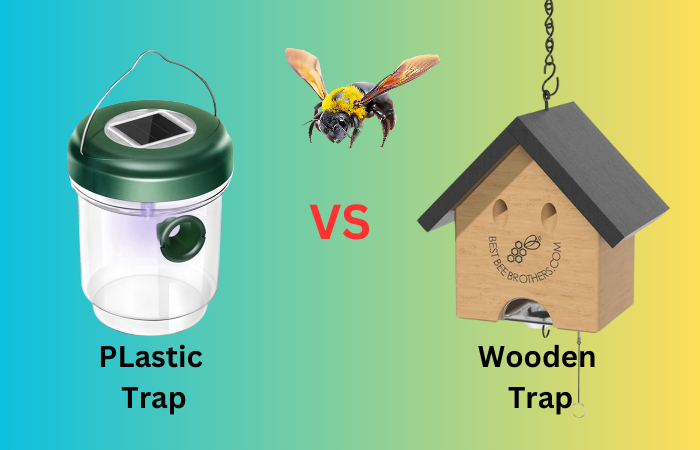If you’ve ever been caught off guard by a buzzing carpenter bee drilling into your wooden deck or garden shed, you’re not alone. These industrious insects can cause quite a headache for homeowners who take pride in their outdoor spaces. As more people look for natural ways to deal with pest problems, tea tree oil has come up as a potential solution. Known for its strong scent and versatile uses, it’s worth exploring whether this essential oil can truly help keep carpenter bees at bay. Let’s dive into the world of tea tree oil, see how it stacks up against another natural contender—citrus oil—and find out if it’s the right choice for your bee troubles.
What is Tea Tree Oil?
Tea tree oil is an essential oil derived from the leaves of the Melaleuca alternifolia plant, native to Australia. It has been used for centuries for its antiseptic and antimicrobial properties. The oil is often utilized in skincare, household cleaning, and pest control due to its potent natural compounds.
How Tea Tree Oil Works
Tea tree oil contains terpenes and phenols, which have strong repellent properties. These compounds are believed to disrupt the sensory receptors of insects, making environments treated with tea tree oil less appealing for pests like carpenter bees.
Effectiveness of Tea Tree Oil
Tea tree oil’s effectiveness against carpenter bees is a topic of interest among those seeking natural pest control solutions. While there’s limited scientific research specifically focused on tea tree oil’s impact on carpenter bees, anecdotal evidence suggests it can deter various insects due to its strong aroma and chemical composition. However, its effectiveness can vary based on application methods and environmental factors.
Application Methods
To use tea tree oil as a deterrent, follow these steps:
- DIY Spray: Mix 10-15 drops of tea tree oil with water in a spray bottle. Shake well and spray on wooden surfaces and areas prone to carpenter bee activity.
- Soaked Cotton Balls: Soak cotton balls in tea tree oil and place them in areas where carpenter bees are active.
- Essential Oil Blends: Combine tea tree oil with other essential oils like peppermint or eucalyptus for a more potent repellent.
Comparison with Citrus Oil
Citrus oil, extracted from citrus fruits like oranges, lemons, and limes, is another natural remedy often used for pest control. Here’s a comparison of tea tree oil and citrus oil in terms of their effectiveness against carpenter bees:
| Aspect | Tea Tree Oil | Citrus Oil |
|---|---|---|
| Source | Extracted from the leaves of Melaleuca alternifolia | Extracted from citrus fruits (oranges, lemons, limes) |
| Active Compounds | Terpenes, phenols | Limonene, citral |
| Repellent Mechanism | Disrupts sensory receptors of insects | Strong odor and high acidity disrupts insect senses |
| Effectiveness | Anecdotal evidence suggests some efficacy; limited specific research | Citrus oils are known to repel various insects, but effectiveness against carpenter bees is less documented |
| Application | DIY spray, soaked cotton balls, essential oil blends | Direct application on surfaces, homemade sprays |
| Safety | Generally safe when diluted; can cause skin irritation if used undiluted | Safe when diluted; may cause skin irritation for some individuals |
| Longevity | Needs reapplication, especially after rain | Often requires frequent reapplication due to evaporation |
| Additional Benefits | Antimicrobial properties | Pleasant scent, can be used in cleaning products |
Effectiveness of Citrus Oil
Citrus oil contains compounds like limonene and citral, which are known to repel a variety of insects due to their strong scent and acidity. While citrus oils are commonly used to deter insects like ants and flies, their specific effectiveness against carpenter bees is less studied. Like tea tree oil, citrus oil may require regular reapplication, especially in outdoor environments where it can evaporate quickly.
Final Toughts
Both tea tree oil and citrus oil offer natural alternatives for deterring carpenter bees, each with its own benefits and limitations. Tea tree oil is valued for its strong repellent properties and antimicrobial benefits, while citrus oil is appreciated for its fresh scent and general insect-repelling qualities. Choosing between the two may depend on personal preference, availability, and the specific conditions in your garden or home.
If you’re looking for a natural way to protect your wooden structures from carpenter bees, consider experimenting with both oils to see which works best for your situation. Regular monitoring and application will help enhance their effectiveness. For severe infestations, consulting a professional pest control service may be the best course of action.
Helpful Links
- National Pesticide Information Center – Essential Oils
- University of Florida – Citrus Oil for Pest Control
- Melaleuca – Benefits of Tea Tree Oil
Questions We Get Asked
- How effective is tea tree oil in repelling carpenter bees?
- Tea tree oil has been reported to deter various insects due to its strong aroma and chemical properties, though specific studies on carpenter bees are limited.
- Can citrus oil repel carpenter bees?
- Citrus oil is known for repelling various insects, but its effectiveness specifically against carpenter bees is less documented. It’s worth testing as part of a broader pest control strategy.
- How should I apply tea tree oil to deter carpenter bees?
- Use a DIY spray, soak cotton balls in tea tree oil, or create essential oil blends to apply to affected areas.
- Are there any side effects or risks with using these oils?
- Both tea tree oil and citrus oil should be used as directed. Dilution is important to prevent skin irritation and other potential side effects.
- What other natural remedies can I use against carpenter bees?
- Consider other essential oils like peppermint or eucalyptus, or explore natural deterrents like vinegar and citrus peels.





